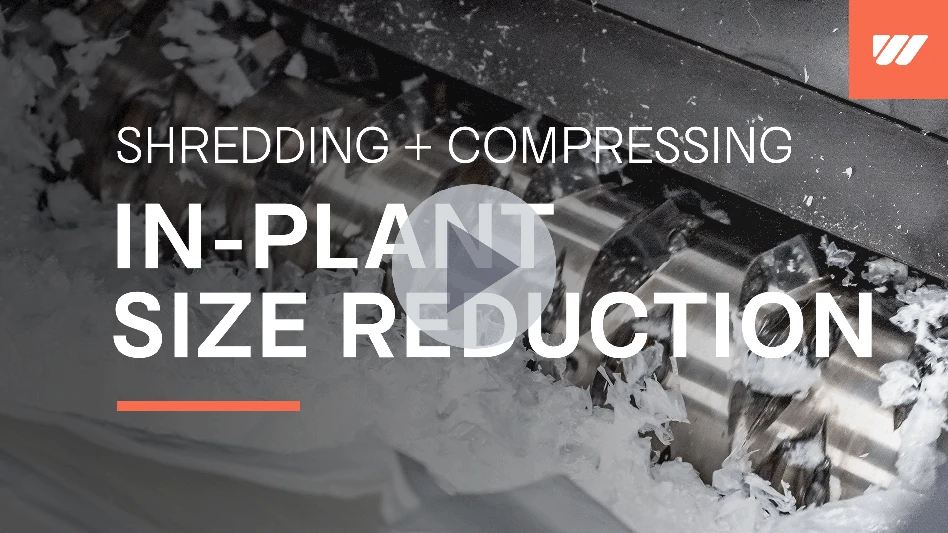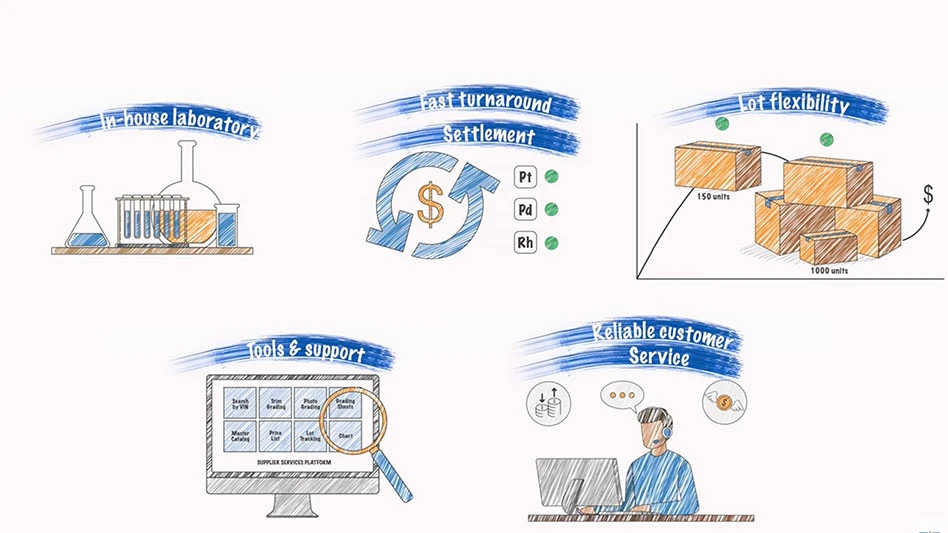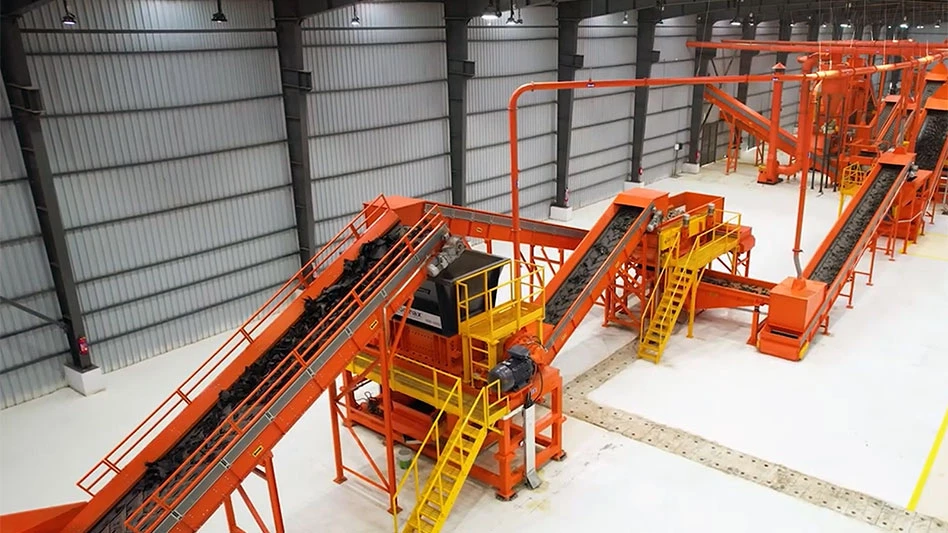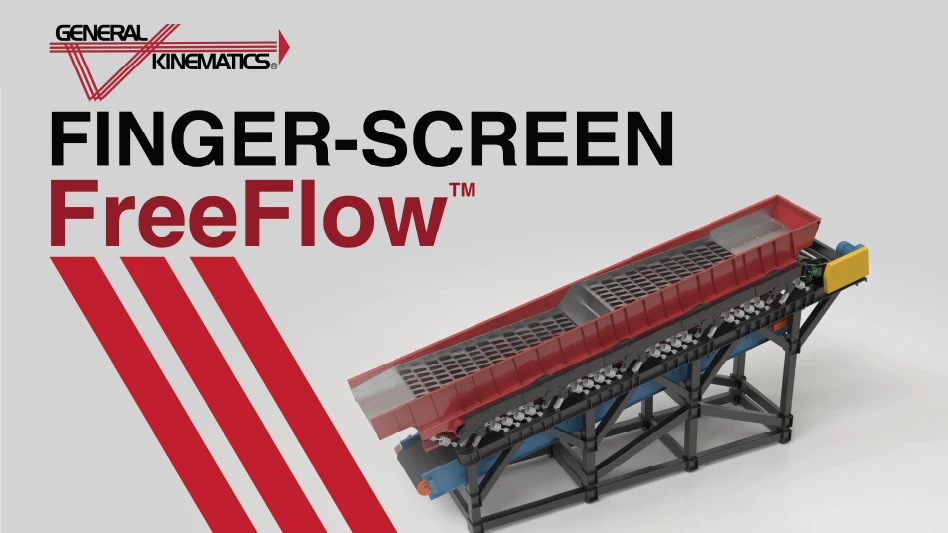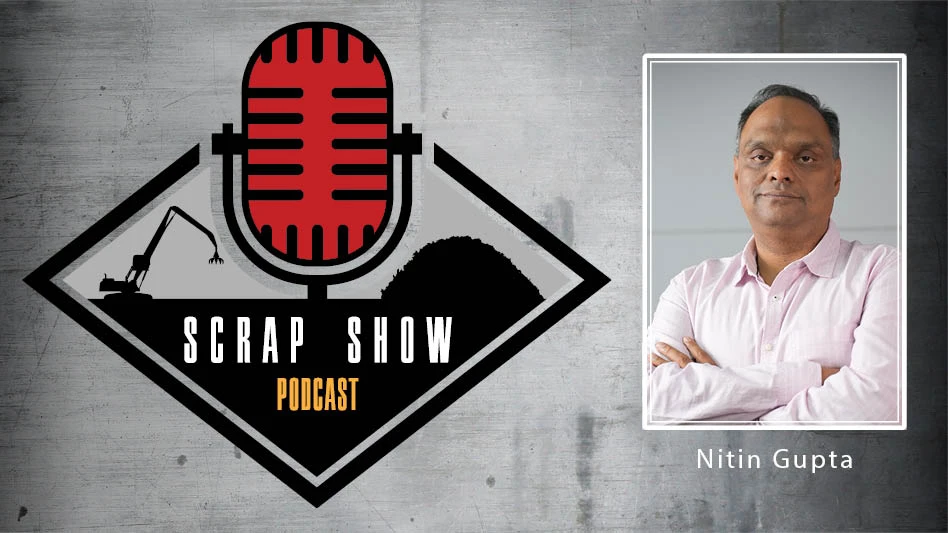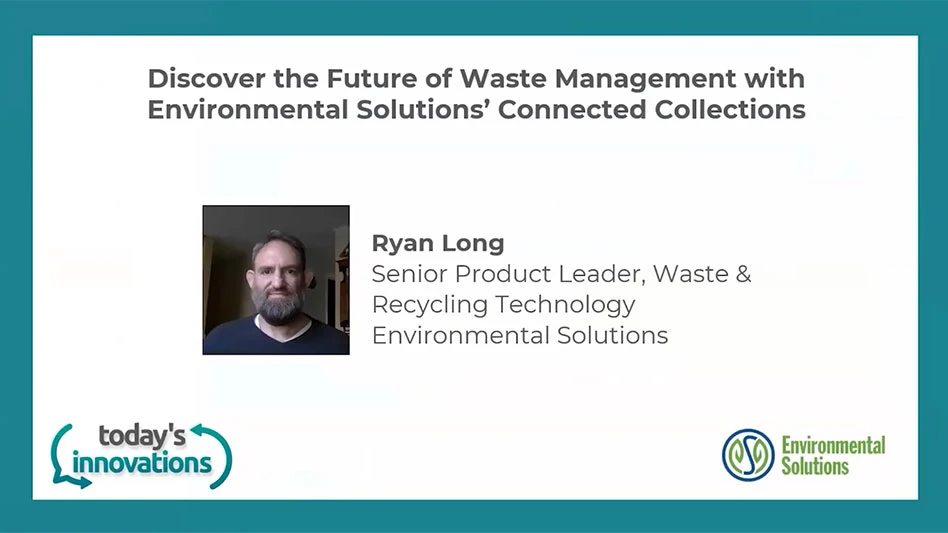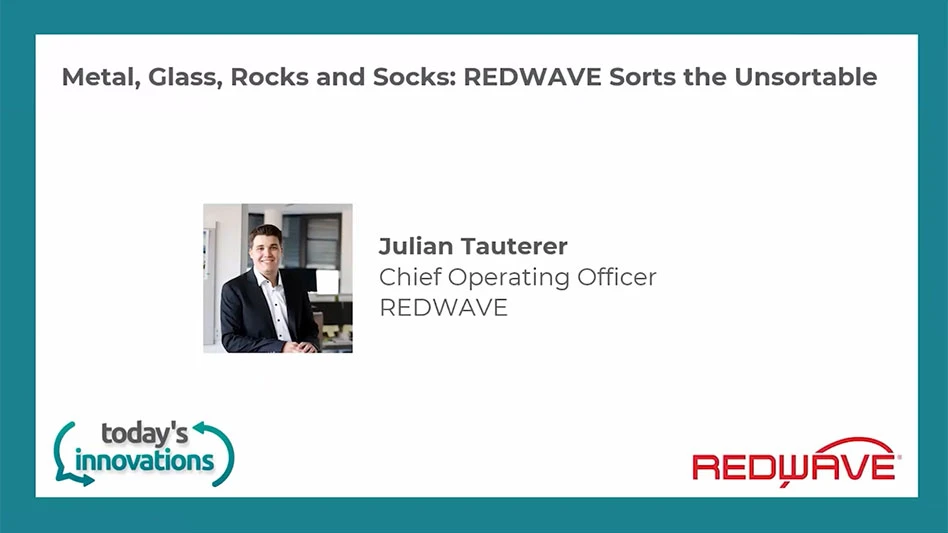Emterra Group tests the Volvo EC230 Electric excavator at a waste transfer station in Vancouver.
In the waste and recycling industry, sustainability and operational efficiency are important. Emterra, a company committed to carbon reduction, piloted the Volvo EC230 Electric excavator at its United Boulevard facility to assess its effectiveness for demanding tasks. This initiative aligns with its goal of transitioning to electric and moving away from carbon emissions.
The EC230 Electric has been praised by operators for its smooth and consistent power delivery, which makes it enjoyable to operate. It’s primarily used for crushing and breaking down bulky materials, improving efficiency in material handling. A key focus of the evaluation is the balance between charge and operating time, ensuring maximized payloads and reduced greenhouse gas emissions. The EC230 Electric can operate for 4 to 4.5 hours, and a quick charge during the operator’s lunch break can bring it back to 80 percent, allowing for a full day’s work.
Beyond environmental benefits, the EC230 Electric offers significant cost savings. Volvo’s seven-year warranty on batteries and electric systems substantially reduces maintenance costs compared with diesel engines. The machine is quieter, cleaner and requires less maintenance while offering the same performance as a conventional diesel excavator. This makes the Volvo EC230 Electric an attractive option for companies seeking to achieve tough work with lower operating costs and a reduced environmental footprint, paving the way for a more sustainable future in the waste and recycling sector. Watch the Volvo EC230 Electric in action, then check out the full Volvo electric lineup.
Latest from Recycling Today
- You have production scrap, WEIMA machinery processes it where it’s made
- CP Group, Cisek Inspections forge innovative X‑ray recycling alliance
- Regroup, CP Group unite for cutting-edge Halifax MRF
- Modern MRFs: AI, automation and safety, redefining recycling operations
- CalRecycle opens comment period on proposed SB 54 revisions
- 2026 Circular Steel Summit: Taking stock of tariffs
- CDRA Conference & Tradeshow 2026: Addressing battery fire risks
- Darda equipment now available in North America
